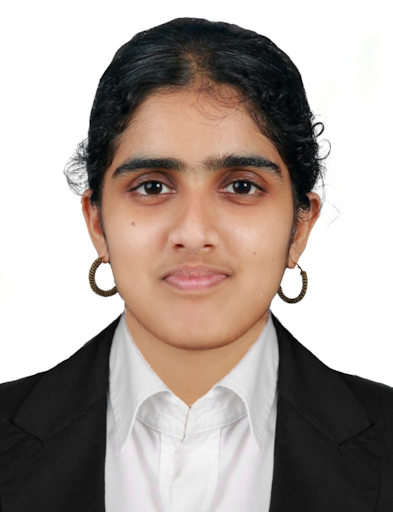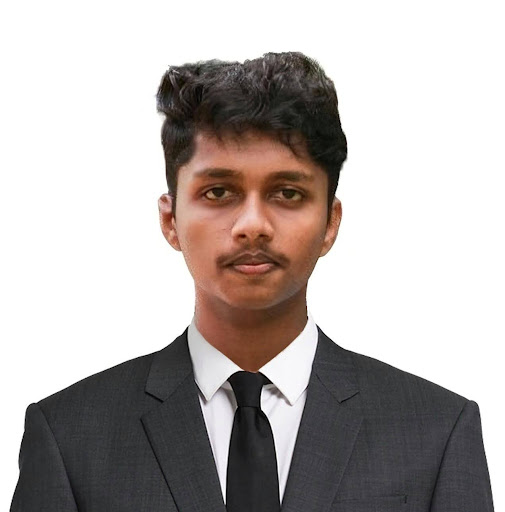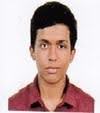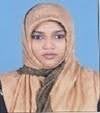DEPARTMENT OF
Electrical & Electronics Engineering
Step into the dynamic realm of Electrical and Electronics Engineering at SSET, where cutting-edge technology intertwines with hands-on learning. Our top-tier labs, coupled with a passionate faculty brigade, set the stage for an academic experience like no other. From delving deep into sustainable engineering solutions to pioneering advancements in smart grids, we’re crafting the trailblazers of the next generation.
Embark on this high-voltage adventure with us. Every circuit you craft, every innovation you bring to life, pushes the boundaries of what’s possible. Dive deeper into the world of electrical wonders, where each experiment is a step towards a brighter future. With us, you’re not just studying engineering; you’re becoming a part of a revolution, shaping the technological landscape of tomorrow.

Vision
- To excel in moulding innovative and talented engineers for the benefit of society.
Mission
- Fostering robust industry-institute collaboration by facilitating knowledge transfer through comprehensive industrial training programs and collaborative research empowering individuals with real-world skills and knowledge.
- Instilling a culture of energy conservation and advanced green energy protocols, addressing both societal and industrial demands for the pursuit of sustainable and eco-friendly future.
- Elevating education by implementing targeted skill development programs that align with the industry, fostering sustainable improvement for the overall development of society.
Programmes Section
POs,PSOs,PEOs
1. Engineering Knowledge: Apply the knowledge of mathematics, science, engineering fundamentals, and an engineering specialization to the solution of complex engineering.
2. Problem Analysis: Identify, formulate, review research literature, and analyze complex engineering problems reaching substantiated conclusions using first principles of mathematics, natural sciences and engineering sciences.
3. Design/Development of Solutions: Design solutions for complex engineering problems and design system components or processes that meet the specified needs with appropriate consideration for the public health and safety, and the cultural, societal, and environmental
4. Conduct Investigations of Complex Problems : Use research-based knowledge and research methods including design of experiments, analysis and interpretation of data, and synthesis of the information to provide valid conclusions for complex problems :
- that cannot be solved by straightforward application of knowledge, theories and techniques applicable to the engineering discipline as against problems given at the end of chapters in a typical text book that can be solved using simple engineering theories and techniques;
- that may not have a unique solution. For example, a design problem can be solved in many ways and lead to multiple possible solutions;
- that require consideration of appropriate constraints / requirements not explicitly given in the problem statement such as cost, power requirement, durability, product, life, etc.,
- that often require use of modern computational concepts and tools, for example, in the design of an antenna or a DSP.
5. Modern Tool Usage: Create, select, and apply appropriate techniques, resources, and modern engineering and IT tools including prediction and modeling to complex engineering activities with an understanding of the limitations.
6. The Engineer and Society: Apply reasoning informed by the contextual knowledge to assess societal, health, safety, legal and cultural issues and the consequent responsibilities relevant to the professional engineering practice.
7. Environment and Sustainability: Understand the impact of the professional engineering solutions in societal and environmental contexts, and demonstrate the knowledge of, and need for sustainable development.
8. Ethics: Apply ethical principles and commit to professional ethics and responsibilities and norms of the engineering practice.
9. Individual and Team Work: Function effectively as an individual, and as a member or leader in diverse teams, and in multidisciplinary settings.
10. Communication: Communicate effectively on complex engineering activities with the engineering community and with society at large, such as, being able to comprehend and write effective reports and design documentation, make effective presentations, and give and receive clear instructions.
11. Project Management and Finance: Demonstrate knowledge and understanding of the engineering and management principles and apply these to one’s own work, as a member and leader in a team, to manage projects and in multidisciplinary environments.
12. Life-long Learning: Recognize the need for, and have the preparation and ability to engage in independent and lifelong learning in the broadest context of technological change.
Electrical and Electronics Engineering Graduates will be able:
PSO1: To analyze and apply the knowledge of electrical fundamentals, circuit design, control engineering, field theory, power system and allied topics.
PSO2: To understand technologies and gain the practical skills to design, simulate and analyze electrical system to engage in lifelong learning and successfully adapt in multidisciplinary environment.
PSO3: To design, develop and implement Electrical and inter disciplinary projects to meet industry demand and to provide solution to real time problems in current scenario.
PEO1: To keep pace with the rapid changes in the technology
PEO2: To assist the learners in pursuing higher and professional studies
PEO3: To nurture self-confidence, self-sufficiency, social commitment and employability amongst students.
Placement summary
Faculty Members
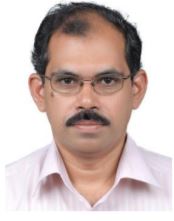
M.Tech in Energy Systems & Ph.D in Power Electronics and Drives
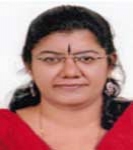
M.Tech in POWER SYSTEMS

M.Tech is in Applied Electronics and PhD in Sensors

M.E in Power Electronics and drives

M.Tech in industrial engg & management
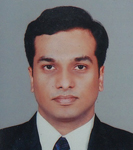
M.E in Power electronics & Drivers

M.Tech in control systems
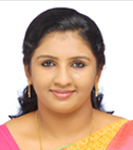
M tech

M.Tech in Energy Management

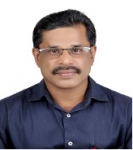
Power Electronics Lab..
Alumini Testimonials

Aparna S
Class of 2010
B.Tech, Electrical and Electronics Engineering
SCMS School Of Engineering & Technology

Dhanya R R
Class of 2014
B.Tech, Electrical and Electronics Engineering
SCMS School Of Engineering & Technology

Dinto Paul
Class of 2018
B.Tech, Electrical and Electronics Engineering
SCMS School Of Engineering & Technology

Haripriya V G
Class of 2018
B.Tech, Electrical and Electronics Engineering
SCMS School Of Engineering & Technology
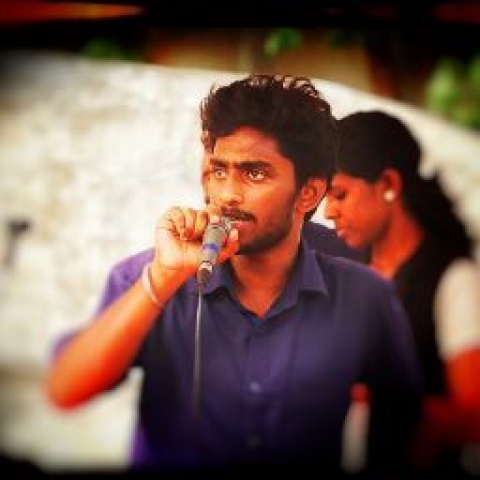
Vivek Nair
Class of 2019
B.Tech, Electrical and Electronics Engineering
SCMS School Of Engineering & Technology


